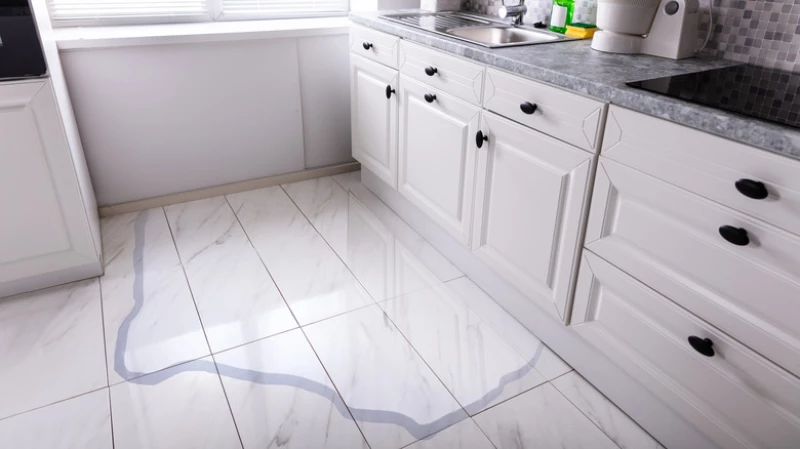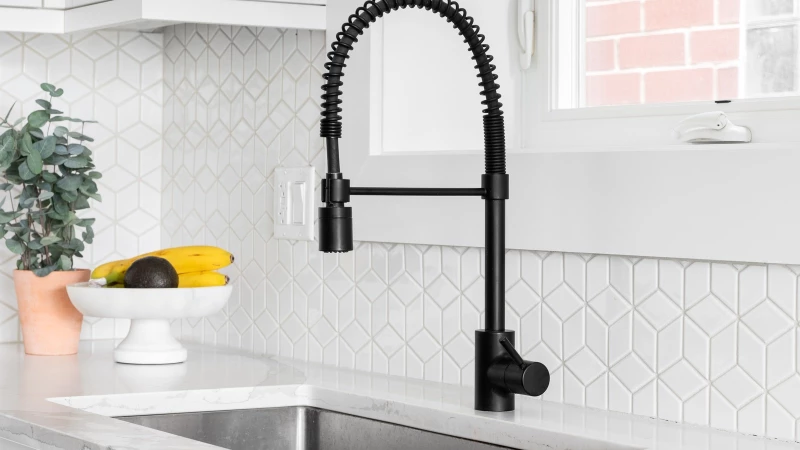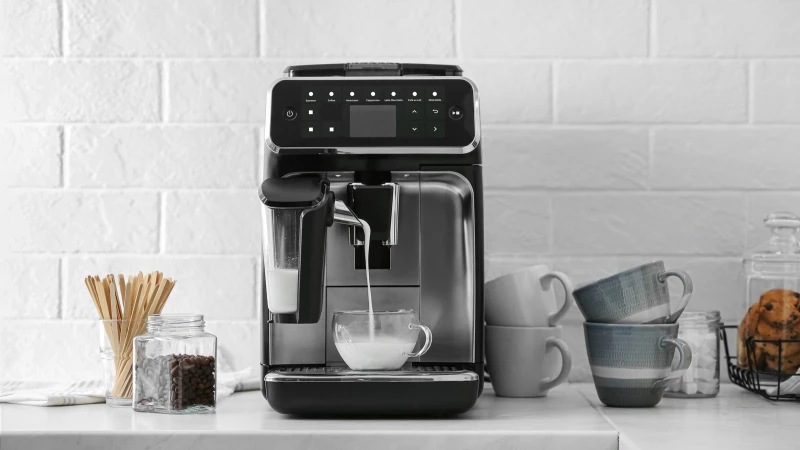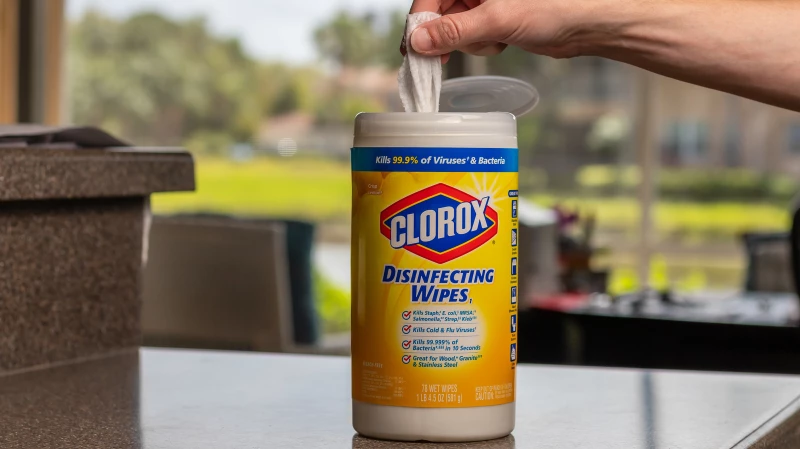When it comes to selecting the perfect flooring for your home, there are numerous factors to consider. From the amount of foot traffic expected to whether you have pets or children, the decision can be overwhelming. However, one standout choice that should definitely be at the top of your list is ceramic tile flooring. Crafted from clay that is molded and fired at high temperatures, ceramic tiles offer a tough and long-lasting surface. They can be further enhanced with the addition of minerals or glazes to provide color, texture, and extra protection against wear and stains. This versatility allows for a wide range of shapes, sizes, colors, and patterns, making ceramic tiles an ideal option to meet your design preferences. Not only are they perfect for high-traffic areas like kitchens, bathrooms, and mudrooms, but they are also resistant to odors.
The unique quality of ceramic tile floors lies in their odor-resistant nature, attributed to their non-porous surface. Unlike other flooring types like hardwood, ceramic tiles have a dense structure that does not easily absorb liquids, preventing odors from lingering in cracks or crevices. This feature makes ceramic tile floors highly beneficial for busy homes prone to spills, moisture, or heavy foot traffic. In comparison to carpets that can trap and retain odors, ceramic tile floors offer a hygienic solution that does not harbor bacteria or unpleasant smells, ultimately creating a healthier environment for your family. Opting for ceramic tile flooring not only ensures low maintenance but also provides long-term benefits for your household.
Additional benefit: moisture resistance
In addition to their odor-resistant properties, ceramic tile floors excel in moisture resistance due to their non-porous surface. The inherent characteristics of ceramic tiles prevent liquids from penetrating the surface, safeguarding against moisture damage. While not completely waterproof, ceramic tiles outperform materials like hardwood and laminate, which are susceptible to water damage. This makes ceramic tiles an ideal choice for rooms with high humidity levels or frequent exposure to wet conditions, such as kitchens, bathrooms, laundry rooms, or mudrooms. Unlike hardwood and laminate that can warp or discolor from water, ceramic tile floors are easy to dry and maintain, remaining unaffected by spills and drips.
When considering flooring options, ceramic tiles not only offer aesthetic appeal but also practical advantages like odor resistance and moisture resilience, making them a smart investment for a comfortable and healthy home environment.
Ceramic tile flooring not only offers odor resistance but also has a natural water-resistant surface that prevents mold, mildew, and bacteria from developing. This feature is particularly advantageous for individuals with health risks or allergies, as it helps reduce the presence of allergens and pathogens in the flooring. With ceramic tile flooring, there is no need to worry about costly repairs or replacements due to odor and water issues, unlike other types of flooring.
How to clean ceramic tile flooring
If you are considering ceramic tiles for your home, it's essential to know how to clean them effectively to maintain their appearance and functionality. Start by removing large debris with a sweep or vacuum, ensuring to turn off the roller to prevent scattering dirt. Use a narrow attachment to clean the spaces between tiles, walls, and grout lines for a thorough cleaning process.
When it comes to cleaning your ceramic tile floors, start by creating a cleaning solution. Mix warm water with a mild detergent or a cleaning product designed for ceramic floors. Avoid using harsh chemicals or abrasive cleaners, as they can harm the tile and grout. For a natural cleaning option, consider adding vinegar to the water and soap mixture for added odor and bacteria-fighting properties. Combine the solution in a bucket and use a mop to clean the tiles. Remember to wring out the dirty water regularly and rinse the mop under hot water to keep it clean. For stubborn stains, let the solution sit for a few minutes or gently scrub the area with a soft-bristled brush. After cleaning, rinse the floor with clean water using a fresh mop or sponge. Finally, dry the floor with a microfiber cloth or towel to complete the process.









